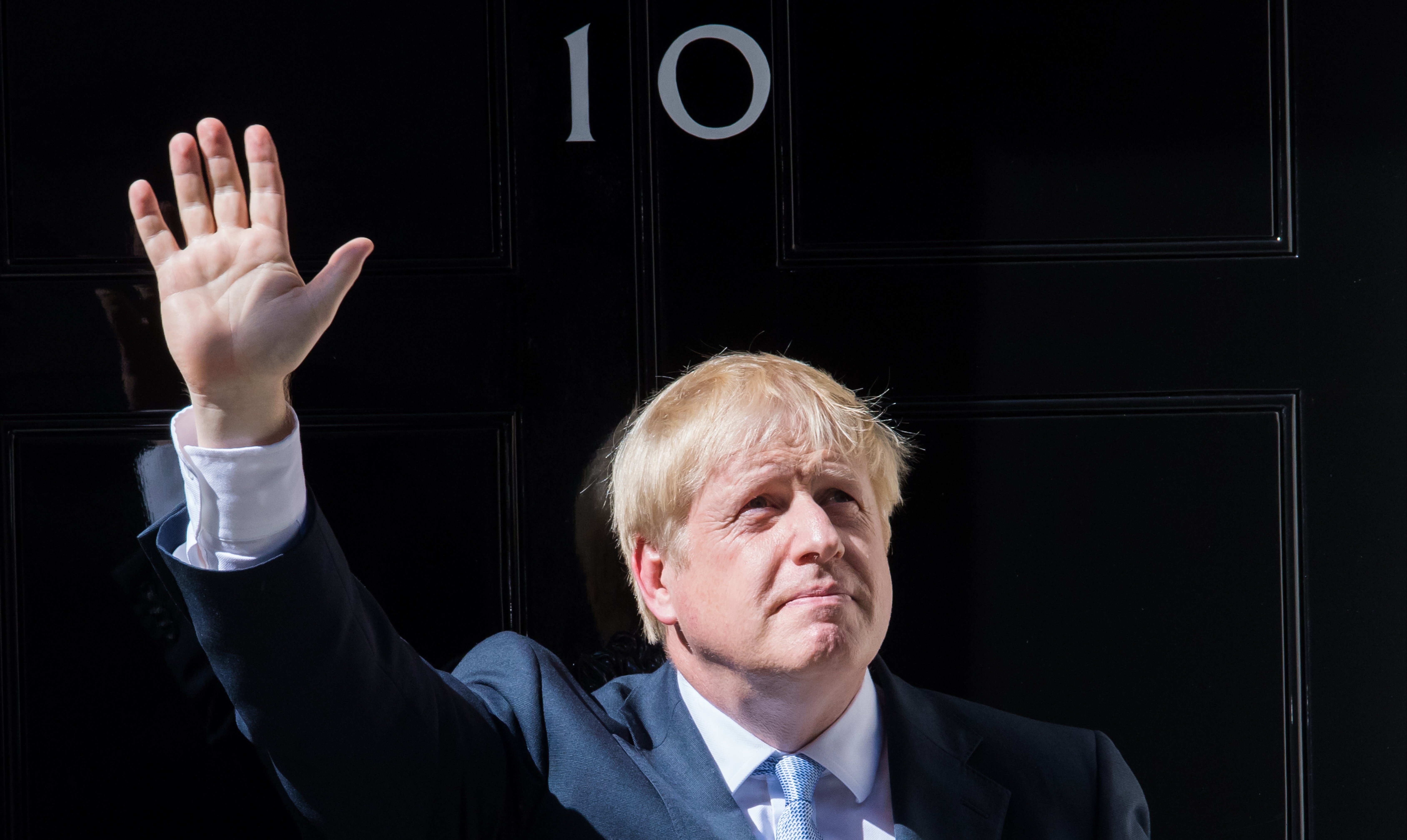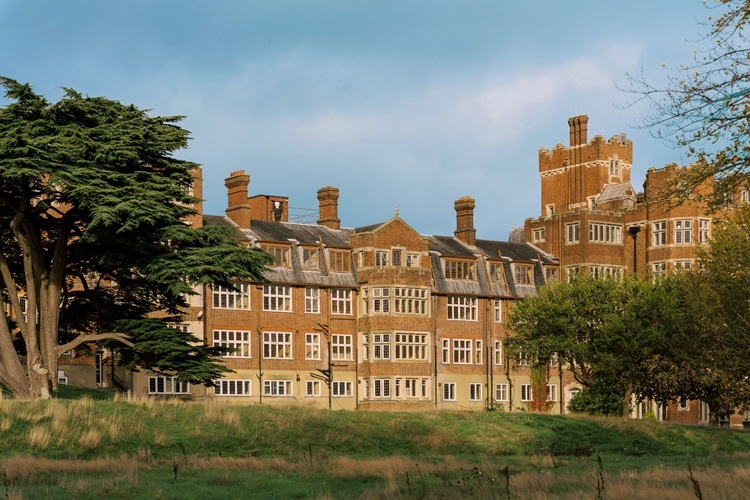What can hospitality expect from a Conservative government?
Now that the dust has settled on last month’s general election results, what do hospitality operators think about the result, and how will it affect their plans for the year ahead? David Harris reports
Tim Martin, chairman, JD Wetherspoon
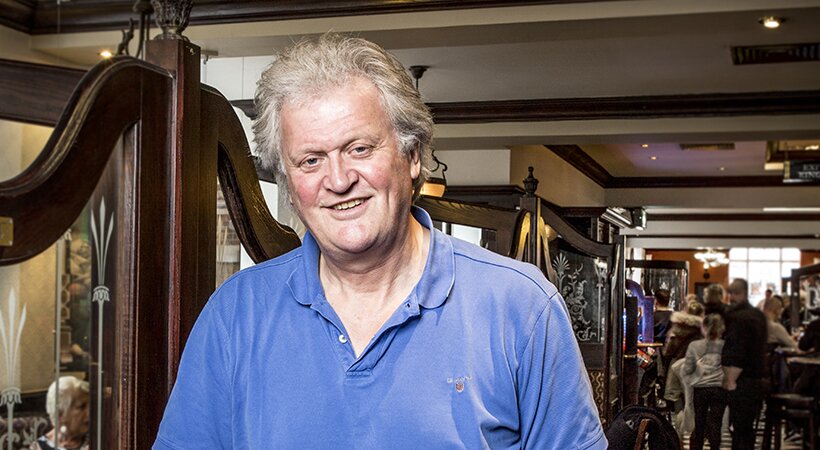
Few have been more vociferous in their support for Brexit than Tim Martin. You can take it as read that he is happy that it is happening, but he also has firm ideas on what should happen next.
He said: “An immediate benefit for pubs will occur if the government ends protectionist EU import taxes or tariffs on new world wine, as well as food imports like bananas and oranges. Customers will also benefit from ending tariffs on children’s clothes and shoes and over 12,000 other non-EU imports.”
Martin also believes that departure from the EU is a good time for the UK to review the relationship between retailers and pubs. He said: “The biggest mistake of pub trade bigwigs has been their failure to campaign for tax equality between supermarkets and pubs. Supermarkets pay no VAT on food sales and pubs pay 20%. Supermarkets pay 2p a pint in business rates and pubs 20p.
“The government is keen to revive high streets and tax equality will encourage investment, but history shows that the bigwigs are likely to miss this open goal. MPs are desperate for ideas for sensible investment – and tax equality makes sense – but the trade isn’t making a coherent argument for it.”
Warwick Brindle, chairman, Rockcliffe Hall hotel, Hurworth on Tees, Darlington
Rockcliffe Hall is in the Darlington constituency of former Labour MP Jenny Chapman, who lost her seat in December. Next door is Sedgefield, Tony Blair’s former seat, another to fall to the Tories in 2019. These places are part of the swing that turned large patches of red to blue last month; areas that won the election for the Conservatives.
For Warwick Brindle, chairman of Rockcliffe Hall, which is owned by Middlesbrough FC owner Steve Gibson, the election meant a clarity that is already paying dividends. He said: “There is no doubt that Brexit uncertainty slowed things down for us, but in the days after the result, bookings started to pick up. From a business point of view, the result went the right way, regardless of political persuasion.”
The fall-off in bookings was not because of a shortage of cash, adds Brindle: “Everybody was saying, we’ve got the cash but don’t feel like spending it because we might need it later.” That worry is already evaporating because of the election, he believes.
Tourism promotion is top of Brindle’s list for the new government. Darlington is one place that has suffered from the disappearance of the north-east tourist board in recent years, he said, so money targeted at regional promotion, to be spent locally, would be welcome.
Adrian Ellis, general manager of the Lowry, Manchester, and chairman of the Manchester Hoteliers Association
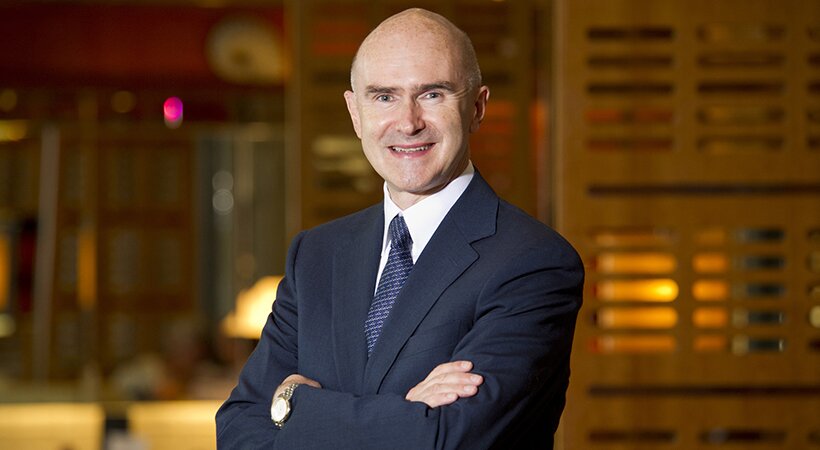
Greater Manchester was a relative success story for Labour in the election and it holds twice as many seats in the area as the Conservatives. The 18 Labour seats include that of Rebecca Long-Bailey, MP of Salford, home to the Lowry, and a contender to replace Jeremy Corbyn as Labour party leader.
The hotel’s general manager, Adrian Ellis, is in accord with other hoteliers when he notes a fall-off in corporate bookings just before the election, followed by an immediate pick-up afterwards.
He said: “People are thinking they will have fewer hold-ups so they can go ahead with strategic planning with confidence.”
That said, it is not as if the Lowry was short of business last year. Occupancy rates were 87% in 2019, boosted by events including the Cricket World Cup.
Ellis is already making plans for recruiting staff from beyond the EU, making contacts with colleges in the US and further afield to combat a potential shortfall from Europe.
His wishlist for the new government includes a kinder tax regime with lower VAT rates and more local stimulus for tourism.
Andrew Stembridge, executive director, Iconic Luxury Hotels (Cliveden, Chewton Glen, the Lygon Arms and 11 Cadogan Gardens)
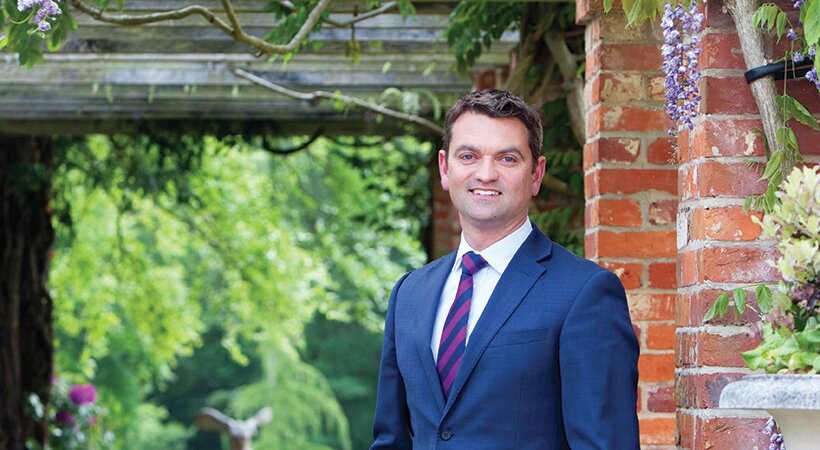
Despite being “a staunch Remainer”, Andrew Stembridge was pleased with the election result, largely because he feels “a Labour government would have been a disaster”.
Stembridge is relatively relaxed about business prospects. Chewton Glen, one of the four prestigious hotels he oversees, enjoyed a 7.5% revenue increase in 2019 and is projecting 6% in 2020. These are growth figures that would satisfy most businesses, in hospitality or elsewhere.
One thing he noticed in the immediate election aftermath was the rise in the value of the pound. At the time of writing that rise had been partially reversed but, should it continue in 2020, Stembridge notes it has the potential to hit hoteliers on two fronts: foreign guests might be put off because rates become more expensive, while domestic guests might choose to go abroad because their money goes further.
On the question of the UK being less attractive to EU staff after Brexit, much has already been factored in, said Stembridge. By this he means that high-end hotels have been so concerned about attracting staff that they have already improved training and conditions, making themselves a more attractive place to work.
Like many in the industry the first thing Stembridge wants from the new government is a reduction in business rates, while another is providing more support for hospitality courses in schools – lower bills and well-trained staff, in other words.
Ian Thomas, chief executive, Bartlett Mitchell
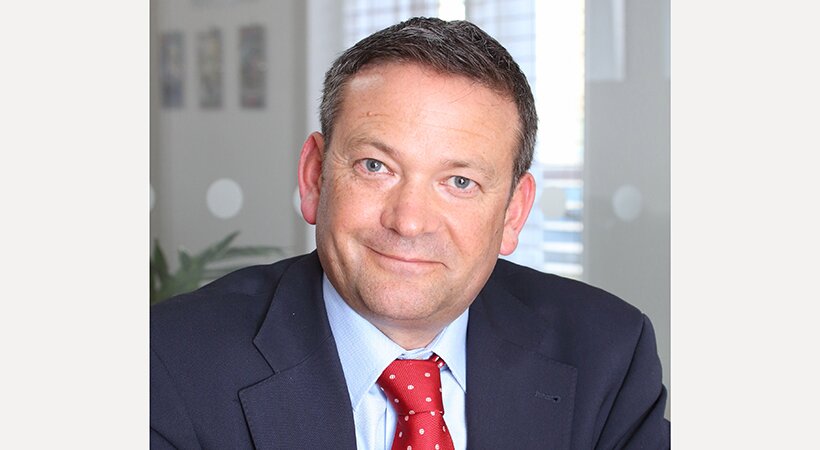
Ian Thomas welcomes the stability that the election result might bring, but wants the government to move on quickly.
He said: “Regardless of how you voted, it’s really important for business that our politicians can focus on issues beyond Brexit. This has stifled the business of government, impacting any policy movement and development across all markets and sectors.”
For Bartlett Mitchell, some things have not changed. Investment will follow the same pattern as it “wasn’t dependent on the outcome”. Staffing has been an issue for years, but the caterer has developed its “growing our own” model.
What Thomas would like now is more clarity on forthcoming legislation so Bartlett Mitchell can plan ahead, and changes to employment laws to fit “the needs of the modern workforce in a gig economy”. Thomas said: “We’d welcome any moves to modernise employment rights to make it appropriate for changing work patterns.”



